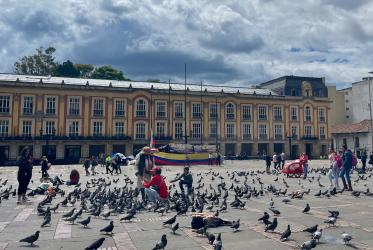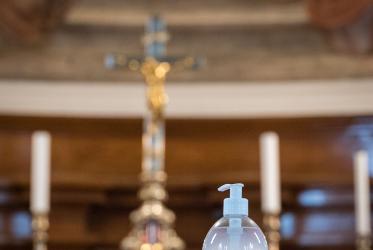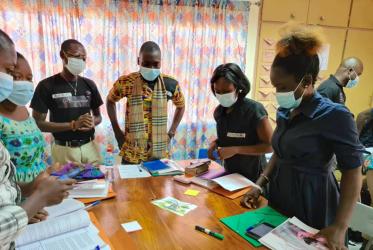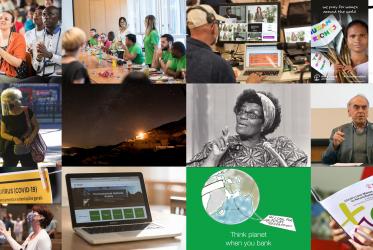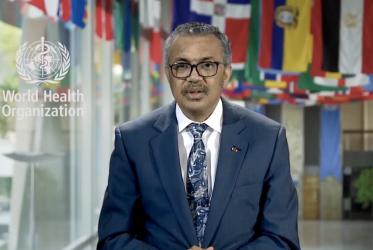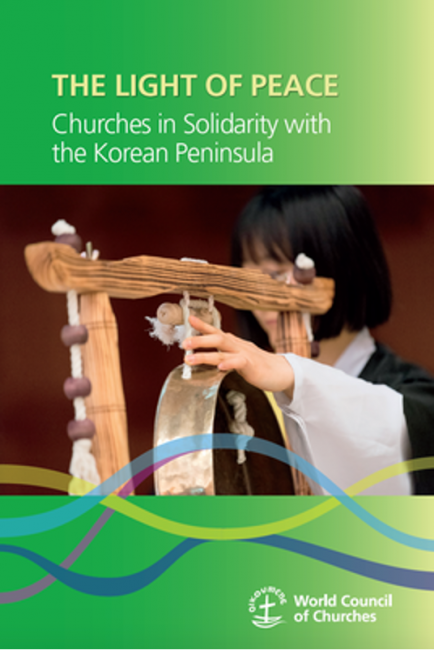Churches in Solidarity with the Korean Peninsula
The publication aims to provide WCC member churches with resources for recognizing 70 years of unresolved conflict on the Korean Peninsula during 2020.
The second publication in the series, the content is drawn from a variety of contributors, each with their own experience of, or expertise in, the Korean journey.
Emphasizing the importance of the spiritual response, every chapter again starts with a spiritual reflection, followed by a text, and ends with a prayer.
The publication will serve as an educational, spiritual, and formation resource and encourage churches and individuals to pray for peace, reunification, and an end to the war and division on the Korean Peninsula. It could be used in Bible study or for Korea interest- and other groups.
25 October 2020
